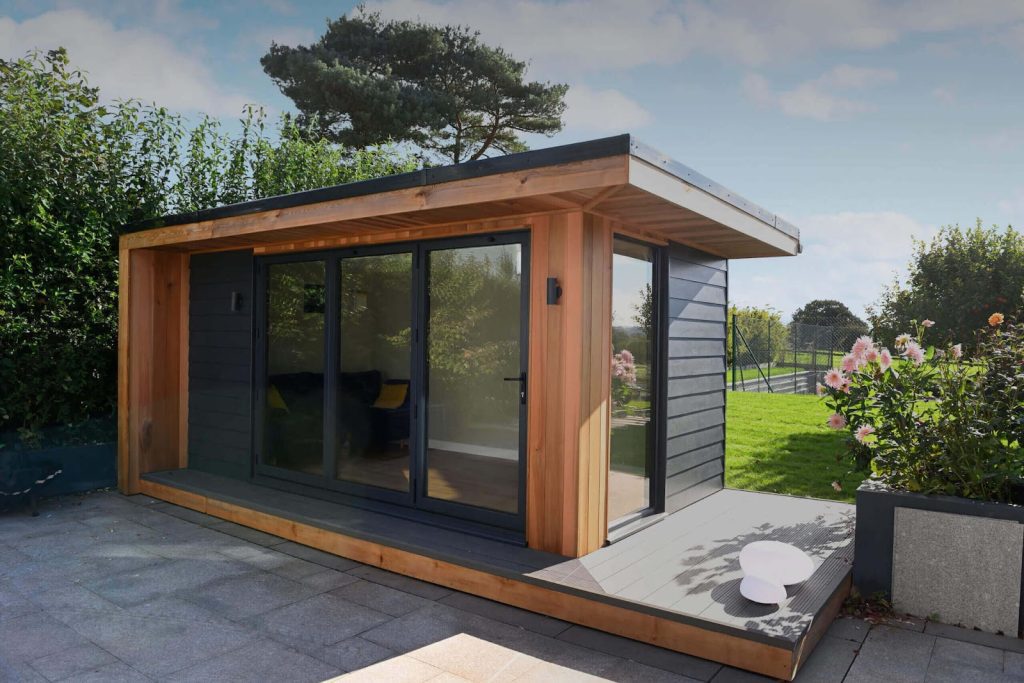The world of furniture has undergone a significant transformation in recent years, with the advent of smart technology. Gone are the days of traditional, static furniture that served a single purpose. Today, smart furniture is redefining the way we live, work, and interact with our surroundings. In this article, we will explore the concept of smart furniture, its benefits, and the various types of smart furniture available in the market.

What is Smart Furniture?
Smart furniture refers to furniture that incorporates advanced technology, such as sensors, microchips, and wireless connectivity, to enhance its functionality and user experience. This technology enables furniture to respond to various inputs, such as voice commands, touch, or motion, and adapt to the user’s needs. Smart furniture can be controlled remotely, schedule tasks, and even learn the user’s habits to provide a more personalized experience.
Benefits of Smart Furniture
The integration of smart technology into furniture offers numerous benefits, including:
- Increased Convenience: Smart furniture can perform multiple tasks with minimal human intervention, making it ideal for busy individuals.
- Energy Efficiency: Smart furniture can be programmed to optimize energy consumption, reducing waste and saving on utility bills.
- Enhanced Comfort: Smart furniture can adjust to the user’s preferences, providing optimal comfort and relaxation.
- Improved Safety: Smart furniture can detect and respond to potential hazards, such as falls or fires, ensuring a safer environment.
- Aesthetic Appeal: Smart furniture often features sleek and modern designs, adding a touch of sophistication to any room.
Types of Smart Furniture
The market offers a wide range of smart furniture, catering to various needs and preferences. Some of the most popular types include:
- Smart Sofas: Equipped with built-in speakers, wireless charging, and adjustable seating, smart sofas provide the ultimate entertainment experience.
- Smart Desks: With features such as wireless charging, built-in USB ports, and adjustable height settings, smart desks promote productivity and comfort.
- Smart Beds: Smart beds can track sleep patterns, adjust firmness, and even offer massage functions, ensuring a restful night’s sleep.
- Smart Tables: Smart tables can transform into dining tables, desks, or even gaming surfaces, making them a versatile addition to any room.
- Smart Lighting: Smart lighting systems can adjust brightness, color, and temperature, creating a unique ambiance and enhancing the overall aesthetic of a room.
Applications of Smart Furniture
Smart furniture has numerous applications across various industries, including:
- Residential: Smart furniture can enhance the comfort and convenience of homeowners, making it an attractive feature for modern homes.
- Commercial: Smart furniture can increase productivity, employee satisfaction, and customer engagement in office spaces, hotels, and restaurants.
- Healthcare: Smart furniture can improve patient care, safety, and comfort in hospitals, clinics, and nursing homes.
- Education: Smart furniture can create interactive and immersive learning environments, promoting student engagement and academic success.
Challenges and Limitations
While smart furniture offers numerous benefits, it also poses some challenges and limitations, such as:
- High Cost: Smart furniture is often more expensive than traditional furniture, making it inaccessible to some consumers.
- Technical Issues: Smart furniture can be prone to technical glitches, such as connectivity problems or software updates.
- Security Concerns: Smart furniture can be vulnerable to hacking and data breaches, compromising user privacy and security.
- Interoperability: Smart furniture may not be compatible with all devices or systems, limiting its functionality and user experience.
Future of Smart Furniture
The smart furniture industry is rapidly evolving, with advancements in technology and innovations in design. Some trends to expect in the future include:
- Increased Adoption: Smart furniture is expected to become more mainstream, with more consumers embracing its benefits and convenience.
- Integration with IoT: Smart furniture will likely integrate with other Internet of Things (IoT) devices, creating a seamless and connected living experience.
- Sustainable Materials: Smart furniture will focus on using sustainable materials, reducing waste, and promoting eco-friendly practices.
- Advanced AI: Smart furniture will incorporate advanced artificial intelligence (AI) and machine learning algorithms, enhancing its functionality and user experience.
FAQs
- What is the cost of smart furniture?
The cost of smart furniture varies widely, depending on the type, brand, and features. On average, smart furniture can range from a few hundred to several thousand dollars. - Is smart furniture compatible with all devices?
Smart furniture may not be compatible with all devices or systems. It’s essential to check the compatibility before purchasing smart furniture. - Can smart furniture be controlled remotely?
Yes, many smart furniture products can be controlled remotely using mobile apps or voice assistants. - Is smart furniture secure?
Smart furniture can be vulnerable to hacking and data breaches. Manufacturers and users must take necessary precautions to ensure the security and privacy of smart furniture. - Can smart furniture be customized?
Yes, many smart furniture products can be customized to suit individual needs and preferences.
Conclusion
Smart furniture is revolutionizing the way we live, work, and interact with our surroundings. With its advanced technology, versatility, and convenience, smart furniture is becoming an essential component of modern homes and offices. While it poses some challenges and limitations, the benefits of smart furniture far outweigh its drawbacks. As the industry continues to evolve, we can expect to see more innovative and sustainable smart furniture solutions that enhance our daily lives. Whether you’re a homeowner, business owner, or simply a tech enthusiast, smart furniture is definitely worth exploring and considering for your next furniture purchase.
Closure
Thus, we hope this article has provided valuable insights into The Evolution of Smart Furniture: Enhancing Home and Office Spaces. We thank you for taking the time to read this article. See you in our next article!